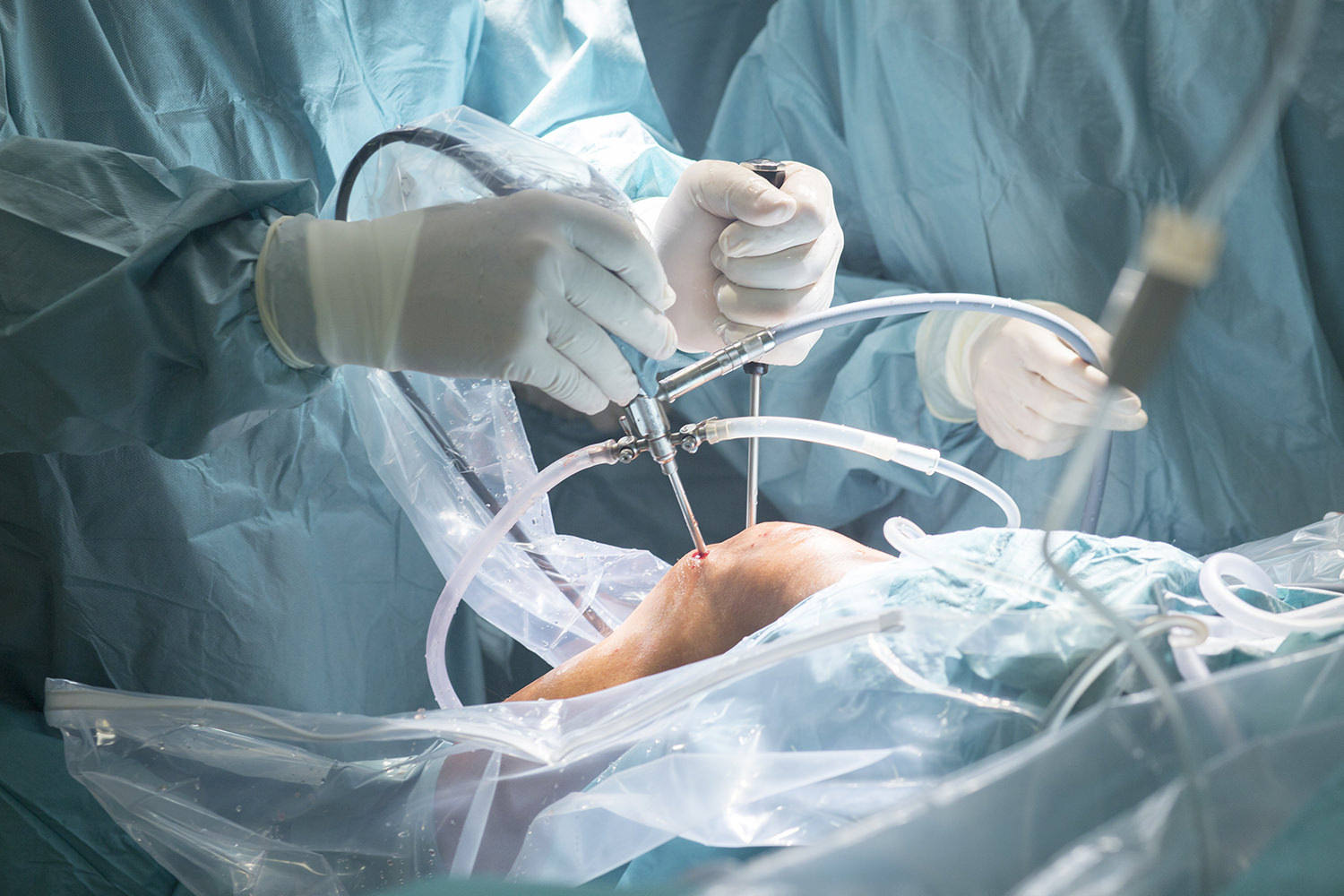Other Services
- ARTHROSCOPIC SURGERY
- KNEE ARTHROSCOPY
- KNEE ARTHROSCOPY
- MENISCUS REPAIR SURGERY
- ANTERIOR CRUCIATE LIGAMENT TEAR
- RECONSTRUCTION – INSTABILITY OF THE LATERAL COLLATERAL LIGAMENT-POSTEROLATERAL CORNER OF THE KNEE
- PATELLAR INSTABILITY, MPFL RECONSTRUCTION
- OSTEOTOMIES AROUND THE KNEE
- TREATMENT FOR TALUS CHONDRAL LESIONS
- REVISION SURGERY AFTER ANTERIOR CRUCIATE LIGAMENT RECONSTRUCTION
- POSTERIOR CRUCIATE LIGAMENT RECONSTRUCTION SURGERY
- TROCHLEOPLASTY – TROCHLEA DYSPLASIA – PATELLA DISLOCATION
- SHOULDER ARTHROSCOPIC SURGERY
- RADIOCARPAL ARTHROSCOPY
- ANKLE ARTHROSCOPY
- ANKLE OSTEOCHONDRAL LESIONS
- HIP ARTHROSCOPY
- KNEE ARTHROSCOPY
- ARTHROPLASTIES / ROBOTIC ORTHOPEDICS
- SPORTS MEDICINE
- ORTHOBIOLOGIC THERAPIES-REGENERATIVE ORTHOPEDICS
- PELMATOGRAM
- “BIOLOGICAL KNEE” (BioKnee)
- FRACTURES
Emergency Cases
Please feel welcome to contact in case of an emergency. We would be more happy to help you out.

WHAT IS THE ANTERIOR CRUCIATE LIGAMENT (ACL)?
It has associated its name with high-performance athletes, as a result of falling from a height, abrupt change of direction, or immediate injury of the knee, but it can also apply to anyone involved in sports, even at an amateur level, although it is possible that ACL injuries are still an accident’s result. Rupture of the anterior cruciate ligament, one of the most serious and common injuries to the knee, results in a long recovery period. The ACL, along with the posterior cruciate ligament, the medial and the lateral collateral ligament, are all knee stabilizers. ACL’s main role is to prevent the tibia from slipping forward in relation to the thigh - in fact it provides 90% stability in one knee. It crosses the joint diagonally and connects the back of the femur to the top of the tibia.
HOW IS THE DIAGNOSIS MADE?
Most people who have had a ruptured ACL describe hearing a "pop" or "crack", and then having their leg swollen. Deep pain in the knee and swelling are the first signs, while depending on the injury, the movement of the knee joint is limited and there is instability. The diagnosis is made mainly with the guidance of the clinical picture, which will show how stable and functional the knee is. Very important role in the detection of other knee lesions (meniscus rupture, cartilage lesions, etc.) plays the MRI. The evolution of MRI, and therefore the better imaging of knee pathology, has resulted in recent years in proving that anterior cruciate ligament rupture need not to be complete. In cases of partial rupture, an accurate history and a thorough examination will demonstrate the correct treatment, and the necessity or not of a surgery.
WHEN IS SURGERY NECESSARY?
In cases of complete ACL rupture, taking into account the age, sex, occupation and sport of the patient (and given that the anterior cruciate ligament does not heal and its function is not restored), surgery is usually one-way. The doctor will use an autograft (a graft from the same patient) to replace the ligament so that the knee becomes stable and functional again.
WHAT IS THE PERSONALIZED APPROACH TO THE ACL RUPTURE?
Modern arthroscopic surgery refers to a personalized approach in the case of ACL rupture. The specialized, modern surgeon is called to decide if the patient needs to be operated and if so, he must decide which implant he will use in order to restore properly the knee function. At the Athens Orthopedic Center MINISCOTM we personalize this option, depending on the age, activities, somatometric measurements, anatomical features from the MRI, the elasticity of the joints, the position played by the athlete (eg goalkeeper or center back, etc.). The individualized approach to the ACL rupture is something that makes perfect sense, since it is not possible for an implant to "fit" all patients. It is common practice for the orthopedic surgeon to apply the same implant to all patients (what he knows, which according to studies has usually been the hamstrings’ autograft). We, on the other hand, at the Athens Orthopedic Center MINISCO apply the individualized approach to the restoring of this serious injury of the ACL, in order for each patient to "wear" the implant that suits him best, in order to reconstruct his injury and to have less possibility of reinjury.
The most common areas of harvesting of the autograft are:
Depending on the implant we choose for each patient, we proceed to customized postoperative rehabilitation protocols, always in collaboration with the physiotherapists and rehabilitation gymnasts we work with, always aiming at the safe and quick return of the patient to his daily life and sports activities!
Do you need a
Second Opinion
Second Opinion
Are you sure about the diagnosis and the treatment that has been suggested to you? Fill in the form below to request a second opinion from Dr. Konstantinos Indzoglou.
Make an
Appointment
Appointment
And we will contact you!

Add testimonial description here. Edit and place your own text.
John Doe
Codetic

Add testimonial description here. Edit and place your own text.
Jane Doe
Codetic
need help?
Lorem ipsum dolor sit amet, consectetur adi pisicing elit, sed do eiusmod tempor incididunt ut labore et dolore magna aliqua.

